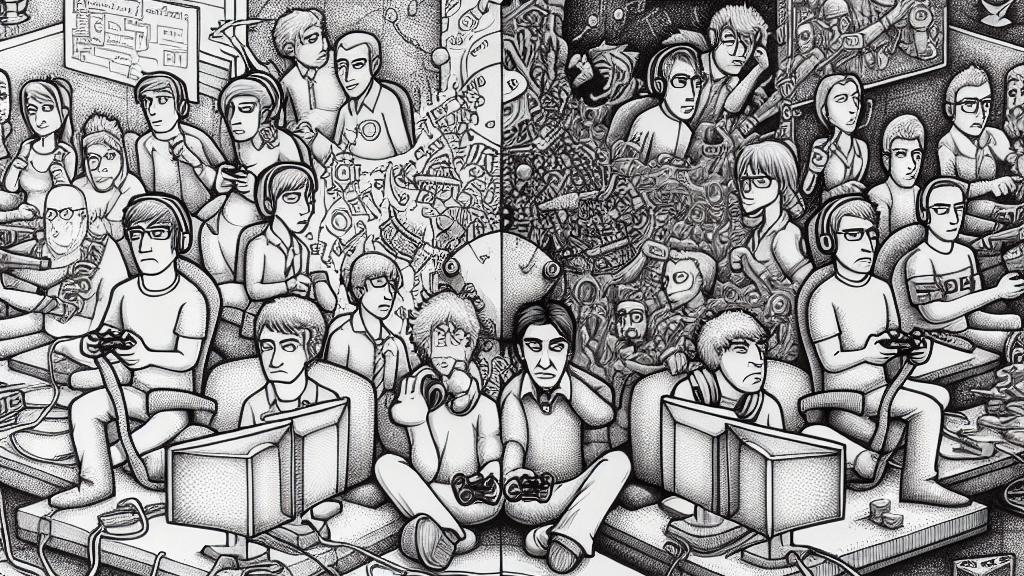Understanding the Challenges for Non-Gamers
Overview
- Non-gamers face substantial difficulties with gaming mechanics that seem simple to experienced players.
- Gamers often underestimate the vast range of challenges beginners encounter when entering the gaming world.
- Research indicates that playing video games can significantly improve psychological well-being, especially during challenging periods.

The Difficulty Gap in Gaming
In Japan, discussions have illuminated a profound divide in perceptions between gamers and non-gamers. For example, seasoned players often find it astonishing that someone might struggle with the first enemy in 'Super Mario Bros.' This disconnect is akin to an athlete failing to comprehend the struggles of a novice; what seems like a simple jump can feel like a hurdle race to an inexperienced player. Think about how many times a new player may face defeat before grasping the controls! This challenge isn't confined to gaming; it's also reflected in academic and work environments. A math genius might not realize that their straightforward calculations can baffle those who lack similar experience. Consequently, this lack of awareness can lead to misconceptions and, at times, disappointment for all involved.
Understanding Non-Gamer Experiences
Imagine diving into the world of gaming for the first time, where even the simplest actions—like jumping over a block—transform into epic trials. Many who joined the discussion shared vivid examples of their own experiences; one participant described the overwhelming sense of frustration from failing to navigate the opening levels of 'Elden Ring' after countless attempts. Another participant humorously recalled becoming stuck on the initial hurdle of 'Super Mario,' despite the level's apparent simplicity. These stories convey a vital truth: not everyone approaches games with the same skill set or confidence. While adept players relish the thrill of complex quests and strategies, newcomers often feel daunted and may quickly lose interest, highlighting the importance of creating a welcoming gaming environment.
The Psychological Benefits of Gaming
Intriguingly, research from Nihon University reveals that gaming potentially offers impressive psychological benefits, particularly during trying times, such as the COVID-19 pandemic. The researchers discovered that those who owned and actively played games reported higher life satisfaction and lower levels of stress and anxiety. Imagine a gamer escaping to a virtual world during hard days, where laughter with friends and adventurous quests provide a much-needed reprieve! However, the findings emphasize moderation as essential; studies suggest that gaming for over three hours daily may ironically reduce these benefits and could lead to burnout. In the end, while video games can serve as a healthy outlet for relieving life's pressures, balancing gameplay with reality is crucial for both gamers and non-gamers alike.

Loading...